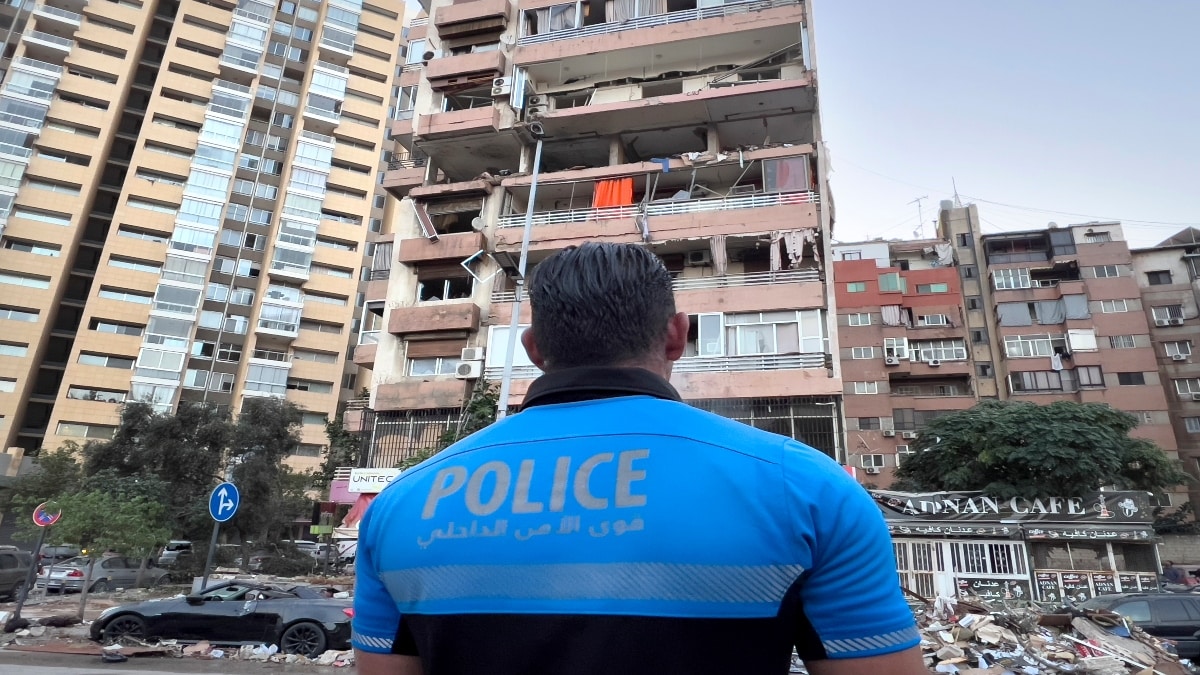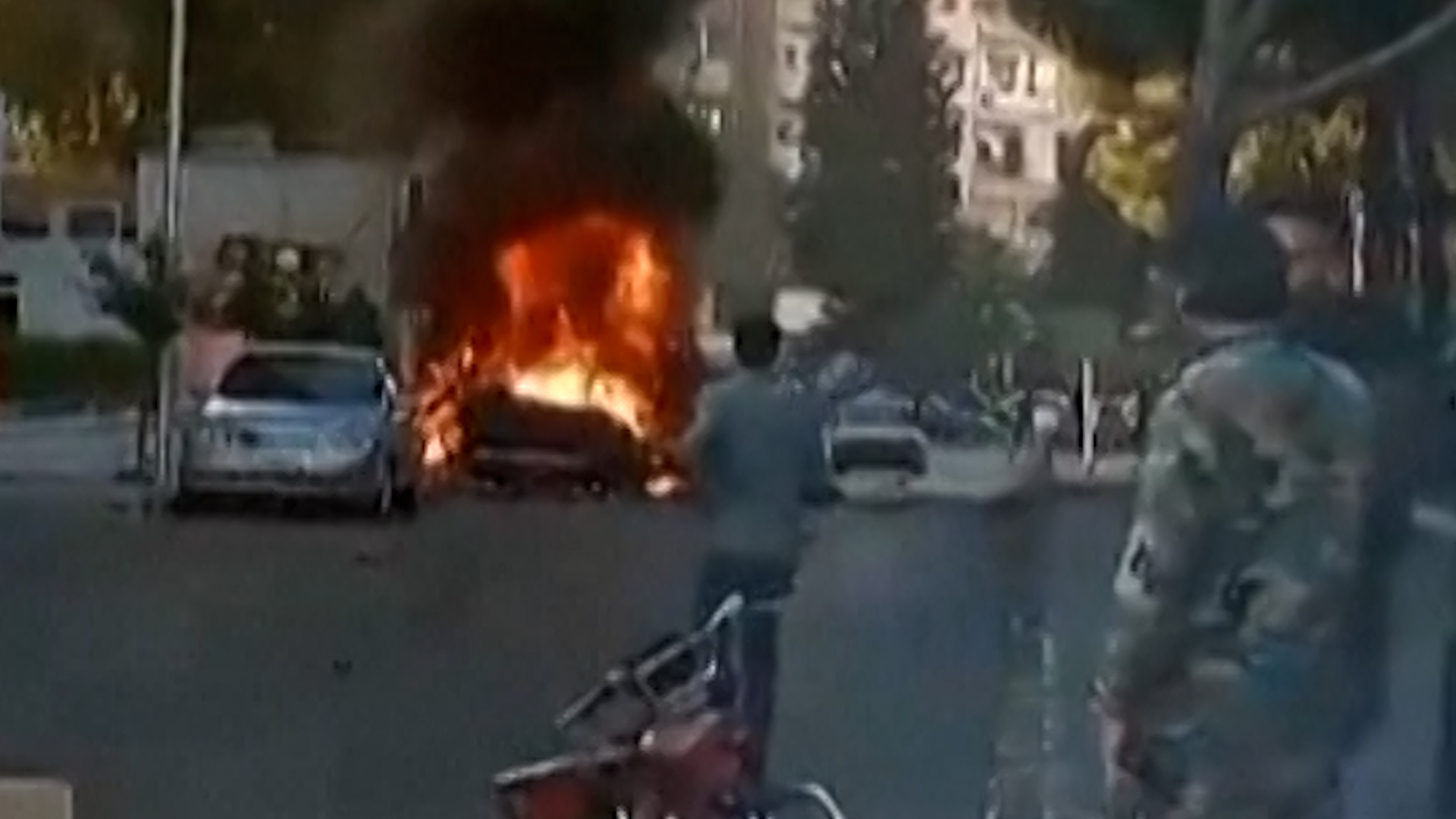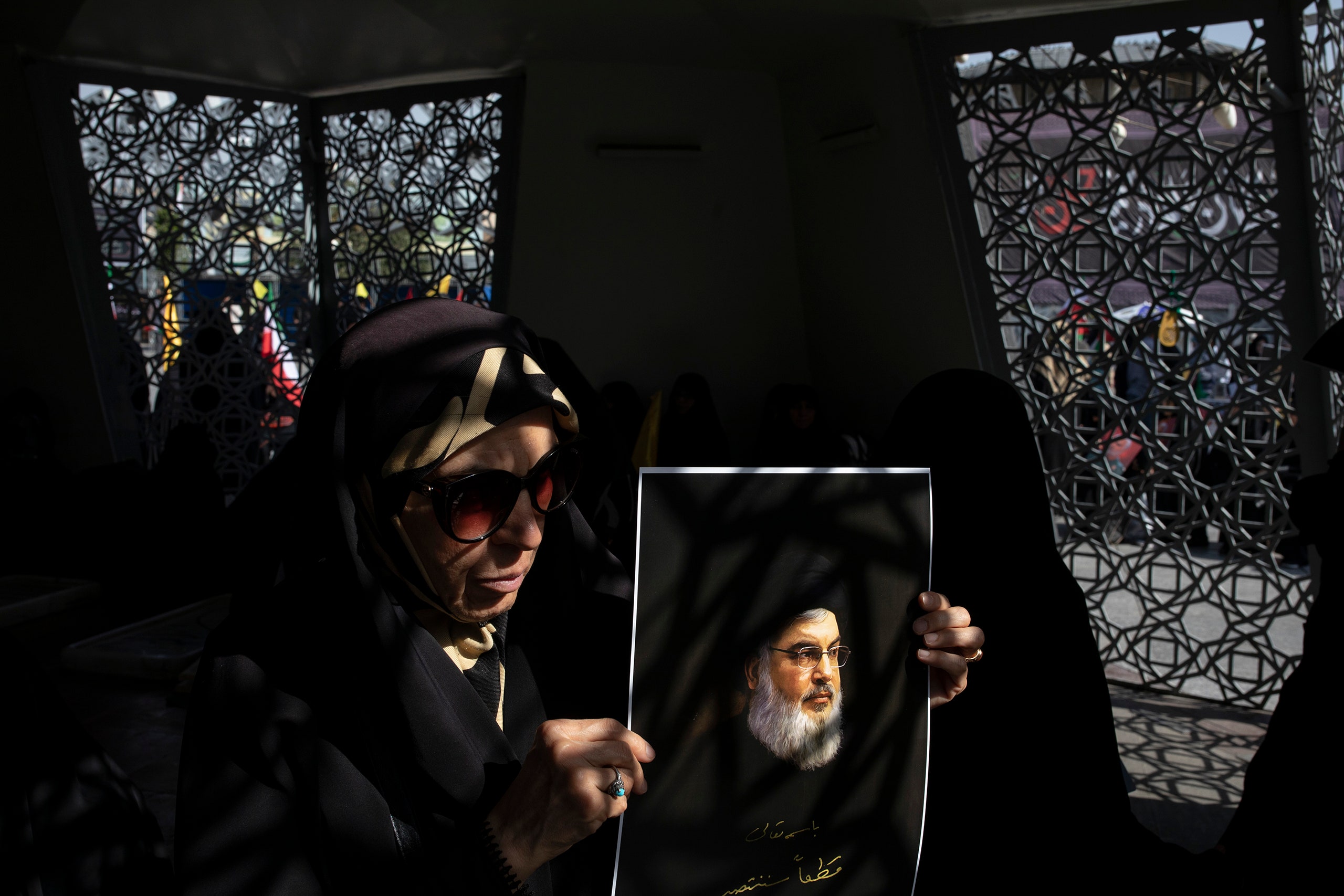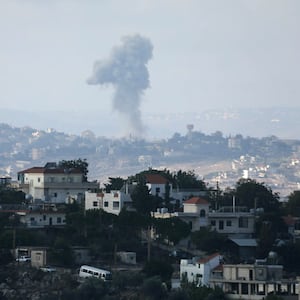A Lebanese policeman looks at damaged apartments that were hit by Israeli strike early on Monday, in Beirut, Lebanon.
Israel on the verge of ground troops into Lebanon
As indications grew on Monday that Israel was on the verge of sending ground troops into Lebanon, officials on Monday said that Israel has already launched small ground raids against Hezbollah across the Lebanese border.
According to a Reuters report, citing an US official, the positioning of Israeli troops suggested a ground incursion could be imminent.
You may be interested
Meanwhile, according to reports, the Lebanese army is in the process of withdrawing from the border area close to Israel, Lebanon’s southern neighbour.
Sept 30 (Reuters) – The Lebanese Army was seen withdrawing from several positions on the southern border with Israel, local residents and a security source told Reuters.
— Idrees Ali (@idreesali114) September 30, 2024
Citing sources, Reuters news agency said the country’s military is pulling back from “several positions on the southern border with Israel”, adding that a Lebanese army spokesperson has neither confirmed nor denied such reports.
BREAKING:
Incoming reports of the Lebanese Army withdrawing from the border with Israel.
Hezbollah are on their own
— Visegrád 24 (@visegrad24) September 30, 2024
Lebanese army not on offensive against Israel
The Lebanese army is part of the official national military of Lebanon, under the control of the central government, and has not been waging a military offensive against Israel since last October, unlike Hezbollah.
Hezbollah is a separate entity with its own military wing that is known to be more powerful than the Lebanese army.
Hezbollah, meanwhile, has vowed to keep fighting even after its longtime leader and other top officials were recently wiped out by Israeli strikes.
Talking about the raids, State Department spokesman Matthew Miller said that Israel has informed the US about them, which he said were described as “limited operations focused on Hezbollah infrastructure near the border.”
There were no reports of direct clashes between Israeli troops and Hezbollah militants on Lebanese soil. The last time the two enemies engaged in ground combat was a monthlong war in 2006.
Cairo de-escalation efforts
A Western official, a diplomat in Cairo whose country is directly involved in de-escalation efforts, said an Israeli ground operation in Lebanon is “imminent.” The diplomat said Israel has shared its plans with the US and other Western allies, and that the operation will “be limited.”
The official spoke on condition of anonymity due to the sensitivity of the situation. It was not clear if Israel had made a final decision on a broader operation.
The Israeli military did not comment, but has made clear in recent days that it is preparing a possible ground operation. Last week, Chief of Staff Lt. Gen. Herzi Halevi told troops that Israel’s punishing airstrikes were designed to “prepare the ground for your possible entry and to continue degrading Hezbollah.”
Meanwhile, Israel on Monday declared three communities along its northern border to be a “closed military zone,” in a possible precursor to a ground invasion of Lebanon.
The order restricts entry and exit from the communities to military forces only. The towns are Metula, Misgav Am and Kfar Giladi.
The order does not necessarily mean that Israeli troops will invade Lebanon immediately. Areas can also be declared closed military zones if an imminent threat is detected.
But the Israeli army has heavily beefed up forces along the border with Lebanon in recent days, and commanders have said they are prepared to send in forces if the government gives the order.
Israeli strikes have killed longtime Hezbollah leader Hassan Nasrallah and six of his top commanders and officials in the last 10 days, and have hit what the military says are thousands of militant targets across large parts of Lebanon. Over 1,000 people have been killed in the country in the past two weeks, nearly a quarter of them women and children, according to the Health Ministry.
Early Monday, an airstrike hit a residential building in central Beirut, killing three Palestinian militants, as Israel appeared to send a clear message that no part of Lebanon is out of bounds.
Despite the heavy blow Hezbollah has suffered in recent weeks, acting leader Naim Kassem said in a televised statement that if Israel decides to launch a ground offensive, the group’s fighters are ready. He said the commanders killed have already been replaced.
He added that Hezbollah, which fought Israel to a stalemate in 2006, anticipated “the battle could be long.”
A founding member of the militant group who had been Nasrallah’s longtime deputy, Kassem will remain in his acting position until the group’s leadership elects a replacement. The man widely expected to take over the top post is Hashem Safieddine, a cousin of Nasrallah who oversees Hezbollah’s political affairs.













